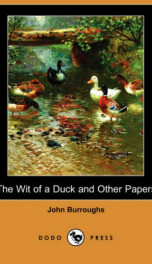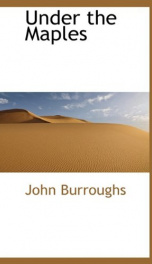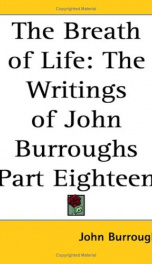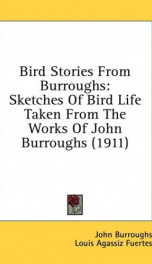Camping with President Roosevelt
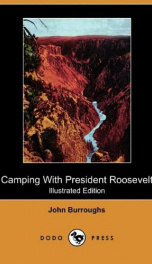
John Burroughs (1837-1921) was an American naturalist and essayist. He played an important role in the evolution of the U. S. conservation movement. According to biographers at the American Memory project at the Library of Congress, John Burroughs was the most important practitioner after Thoreau of that especially American literary genre, the nature essay. By the turn of the century he had become a virtual cultural institution in his own right: the Grand Old Man of Nature at a time when the American romance with the idea of nature, and the American conservation movement, had come fully into their own. His extraordinary popularity and popular visibility were sustained by a prolific stream of essay collections, beginning with Wake-Robin in 1871. In the words of his biographer Edward Renehan, Burroughs's special identity was less that of a scientific naturalist than that of "a literary naturalist with a duty to record his own unique perceptions of the natural world. " His most famous works include: Winter Sunshine (1875), Locusts and Wild Honey (1879), The Writings of John Burroughs (1895) and Far and Near (1904).
Info about the book
Author:
Series:
Unknown
ASIN:
B0067LGOOW
Rating:
5/5 (5)Your rating:
0/5
Languge:
English
Users who have this book
Users who want this book
What readers are saying
What do you think? Write your own comment on this book!
write a commentif you like Camping with President Roosevelt try:
Other books by this author
Do you want to read a book that interests you? It’s EASY!
Create an account and send a request for reading to other users on the Webpage of the book!

